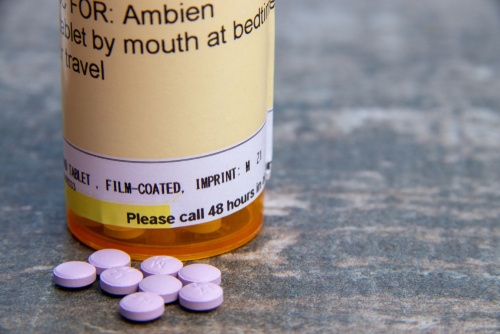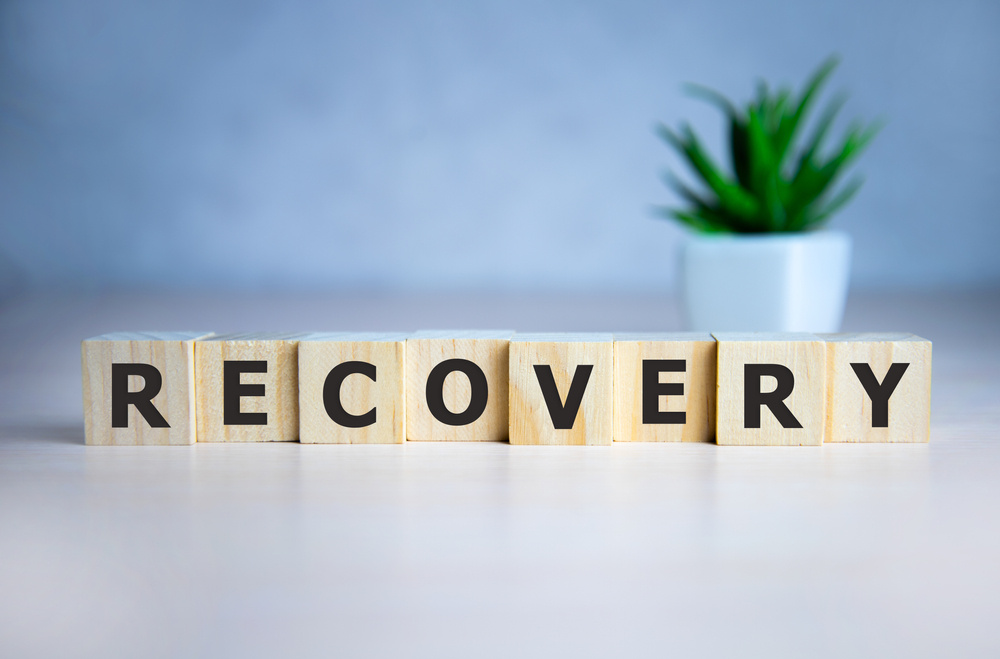It is imperative that individuals suffering from substance abuse, poor body image, or both realize that they are not alone. A negative body image perception can be quite dangerous, leading to many possible long or short term consequences. Substance abuse is also a serious problem. If an individual struggles with substance abuse issues he or she should seek help.
Body Image and Substance Abuse
Having a challenging relationship with one’s own body image can lead an individual down a slippery slope.
An individual’s body image refers to how a person perceives, thinks, and feels about his or her own body. There is significant pressure placed on body image in today’s society. Body image and substance abuse go hand in hand. There is a direct correlation between substance abuse and one’s body image. Research indicates that individuals with poor body image have a higher likelihood of abusing substances.
There are a number of reasons individuals turn to drugs or alcohol.
The intense pressure society places on one’s physical appearance can contribute to an individual’s substance abuse issues. It is not uncommon for there to be an emotional component to one’s substance abuse. Similarly, one’s perception of his or her body image can be colored by one’s emotional state. It is widely known that one of the reasons individuals will turn to drugs, initially, is as an escape. People who have a poor body image may turn to drugs or alcohol to escape his or her self-view.
One study noted, that most commonly individuals with an eating disorder and poor body image, will turn to drugs or alcohol secondary to his or her eating disorder. Subsequently, his or her poor body image and eating disorder will then fuel his or her substance abuse. People with eating disorders or poor body image most commonly experience a distorted notion of perfection. This contorted viewpoint can lead to depression, which can drive one to use drugs or alcohol as a coping mechanism.
It is not uncommon that individuals who suffer from various eating disorders utilize drugs or alcohol to help with one’s poor eating habits or dehydration techniques. Often excessive drinking of alcohol can result in severe dehydration.
Depending on one’s drug of choice, many substances can serve as an appetite suppressant. Drugs and alcohol can be used as a type of weight control strategy. It has been stated that, in the United States, approximately ten percent of people who have bulimia (a type of eating disorder) also struggle with substance abuse or addiction.
If left unacknowledged, though it may sound innocent, poor body image issues can lead an individual down a precarious path. On a larger scale, it is imperative to work to shift the societal norm of a single uniform perfect body-type. This pressure that is placed on people, beginning with children, can lead to severe consequences. Individuals must educate the youth of America about healthy choices surrounding food, body-type, and exercise. Until society dismantles what it has spent decades building regarding the ideal body-type, individuals will continue to be overtly and subconsciously harassed by it.
Substance abuse is an ever-present challenge in the United States, and all over the world.
This epidemic is beginning to harm individuals at a younger and younger age, every year. Again, society needs to provide proper drug and alcohol education, in addition to adequate mental health support. If individuals learn how to cope with difficult emotions at any age, but especially at a young age, perhaps the substance abuse problem in the US would lessen or even dissipate.
There are a number of comorbidities that can accompany both eating disorders and substance abuse.
Individuals who suffer from eating disorders, have an undeniable poor body image and a skewed vision of physical perfection. One could argue that individuals who suffer from substance abuse are also somewhat detached from a healthy perception of self, or are actively choosing to ignore it. These two notions of self-disconnect are very similar.
While there is evidence that indicates a clear correlation between the two, simply because an individual struggles with his or her body image does not mean that he or she will inevitably also have a substance abuse problem.
Similarly, it is not inevitable that someone with a substance abuse problem will also have body image issues. Every person is different. Each individual who is faced with challenges regarding his or her body image and substance abuse can have a unique experience of overlap between the two, or not experience any overlap at all.
Contact Us
Call (213) 389-9964 or fill out the form below to reach Peggy Albrecht Friendly House.
Residential Treatment
(213) 389-8810Sober Living
(310)204-3351Error: Contact form not found.



